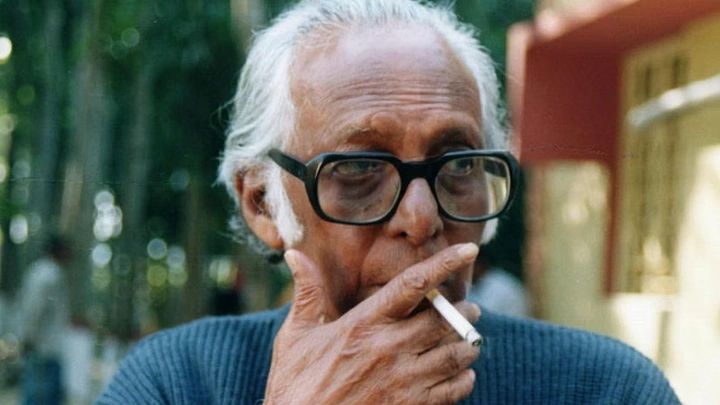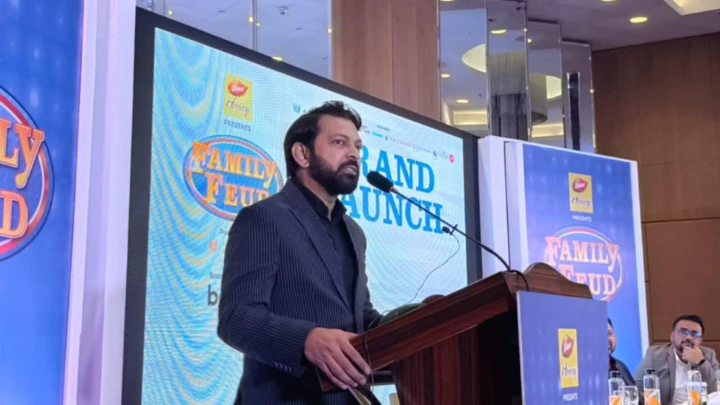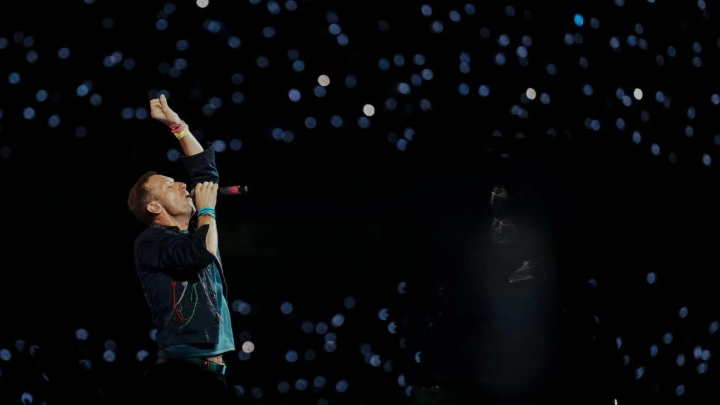A look back at excellence with Mrinal Sen
DailyStar || Shining BD
One name stands out as a symbol of artistic genius and social commentary throughout the history of Indian cinema: Mural Sen. Sen, who is regarded as one of the founders of Indian Parallel Cinema, made an enduring impression on the film industry by using his talent to depict the socio-political realities of his era.
Let's examine Mrinal Sen's life, legacy, and enduring contributions to Indian cinema as we commemorate his birth's centennial.
Mrinal Sen, who was born in Faridpur on May 14, 1923, set out on a journey that would forever alter the face of Indian cinema. Because of his social realism-focused films' provocative themes and unwavering commitment, Sen is regarded as an iconic figure in the world of Indian parallel cinema.
Over the course of Mrinal Sen's career as a filmmaker, which began in the middle of the 1950s and lasted for five decades, he was the director of more than 30 feature films. His films stood out for their unflinching exploration of India's socio-political structure, which offered a moving critique of the current circumstances and shed light on the struggles and aspirations of the average person. He depicted the harsh realities of poverty, inequality, and the human condition through his lens, capturing the essence of India's socioeconomic and political landscape.
Sen's ability to meld political commentary with human stories was one of the most impressive aspects of his filmmaking. Sen's filmography serves as evidence of his adaptability as a filmmaker. His early works, including "Baishey Shravana" (1960) and "Akash Kusum" (1965), showed his interest in societal constraints and human emotions.
Sen pioneered a brand-new method of filmmaking with "Bhuvan Shome" (1969), combining humor and social critique with a documentary-like approach. He was both critically acclaimed and financially successful for the movie, which is regarded as a cornerstone of Indian Parallel Cinema.
Sen's films in the 1970s adopted a more politically charged tone, reflecting the unrest in India at the time. The films "Padatik" (1973) and "Calcutta 71" (1972) dealt with the problems of political unrest, corruption, and ideological conflict. Sen's talent for weaving social commentary into compelling stories and captivating audiences while making them face uncomfortable truths was on display in these movies.
Sen explored the intricate relationships between gender dynamics and societal expectations in "Ek Din Pratidin" (1979). The main character of the movie is a working woman whose morality is questioned after she goes missing one night. Sen offers a scathing critique of gender bias and societal judgment while deftly exposing the patriarchal mindset and highlighting the plight of women in a conservative society.
Other notable films in Sen's filmography include "Khandhar" (1984), a moving depiction of the devastation caused by war, displacement, and loss, and "Antareen" (1993), which explores the existential crises that people in urban environments experience.
Mrinal Sen made more than just great films as a director for Indian cinema. He was a fierce supporter of the growth and improvement of parallel cinema in India. He established the Calcutta Film Society in 1947 along with his contemporaries Satyajit Ray and Ritwik Ghatak, creating a venue for aspiring filmmakers to exhibit their works.
Mrinal Sen's work had a significant impact well beyond the boundaries of India, bringing him recognition on a global scale and numerous prestigious awards. Five times he won the National Film Award for Best Director, and in 2003 he was given the prestigious Dadasaheb Phalke Award, the highest honor in Indian cinema. His movies were shown at well-known film festivals all over the world, introducing foreign audiences to the distinct social commentary and storytelling that characterized Indian parallel cinema.
Mrinal Sen's extraordinary body of work continues to serve as a testament to how transformative art can be. It acts as a guide for aspiring filmmakers, inspiring them to break down barriers, share untold tales, and use their art to promote social change. Let us treasure the priceless legacy that this cinematic visionary has left behind as we celebrate his 100th birthday because his influence will be felt for many years to come.
Shining BD
























